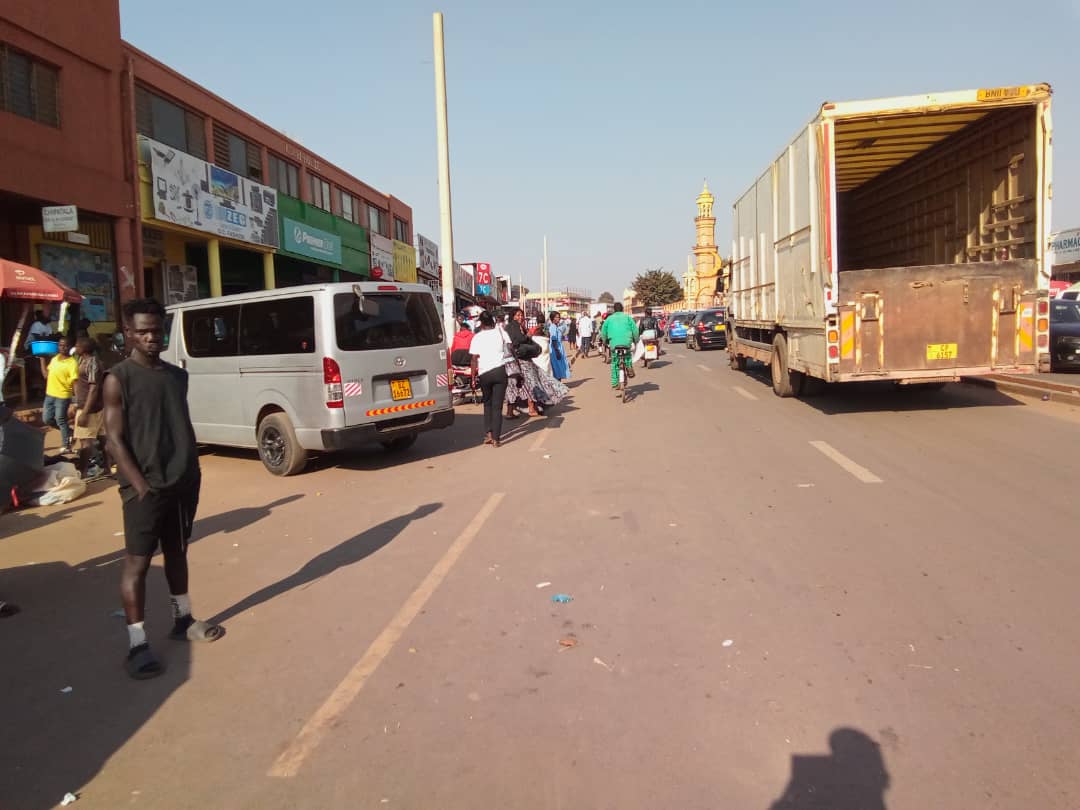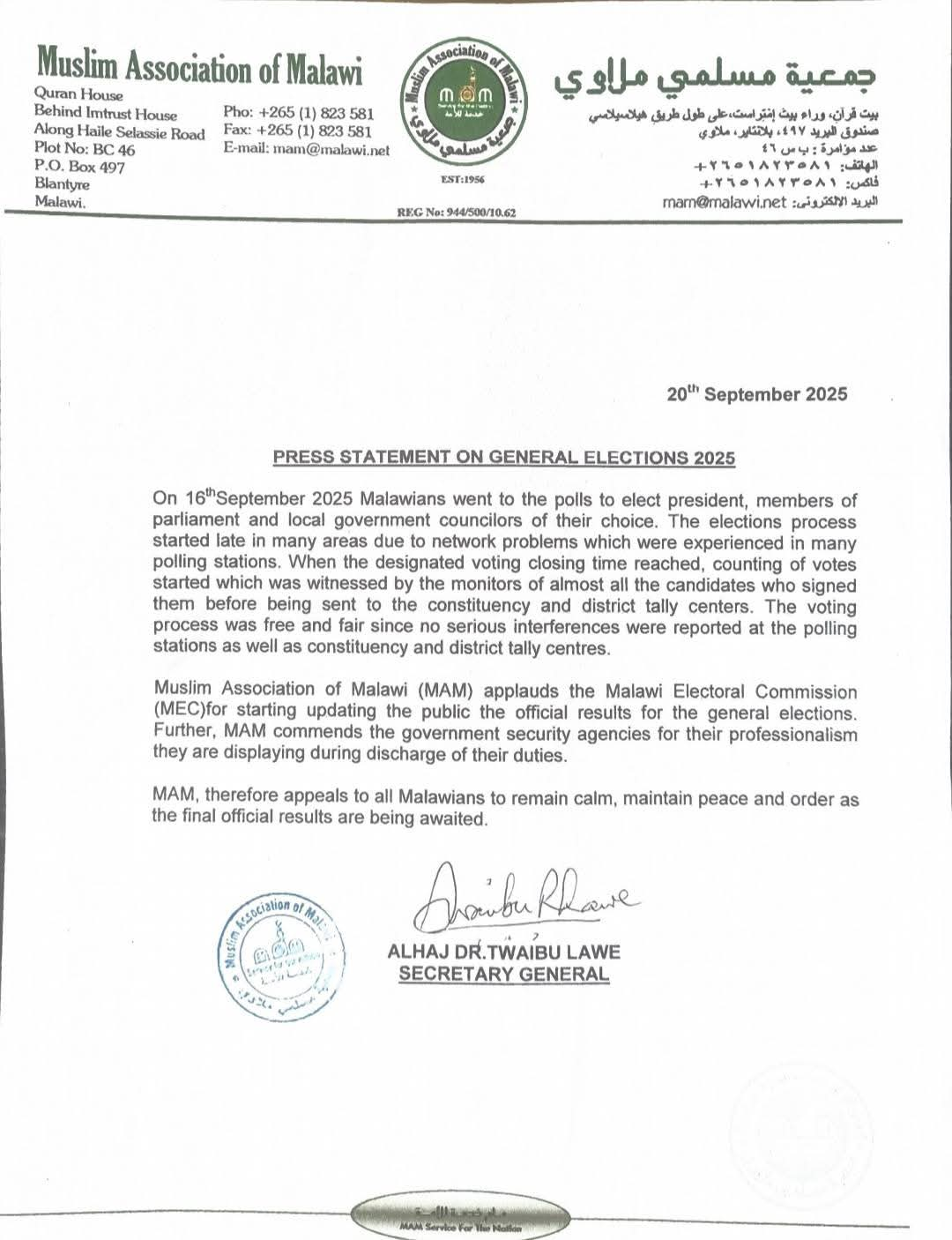By Burnett Munthali
Street vending along the roadsides of Lilongwe, Malawi’s capital city, is a growing challenge that reflects deeper socio-economic issues.
Each day, hundreds of vendors crowd the city’s streets, selling everything from fresh produce and clothes to cellphone accessories and cooked food.
While this informal trade offers livelihoods to many struggling Malawians, it simultaneously presents safety, health, and urban planning concerns for the city.
Pedestrians are often forced to walk on roads because pavements are blocked, leading to frequent accidents and traffic congestion.
The disorderly nature of roadside vending also contributes to environmental degradation, with uncollected waste clogging drainage systems and polluting public spaces.
City authorities have repeatedly attempted to relocate vendors to designated markets, but these efforts have mostly failed due to poor infrastructure in the markets, lack of customer traffic, and inadequate engagement with the vendors themselves.
The conflict between vendors and city enforcement officers often turns violent, souring relations and fostering a sense of victimization among the informal traders.
Yet, banning or forcefully evicting vendors without providing viable alternatives only fuels poverty and creates more tension in an already fragile urban economy.
One lasting solution lies in inclusive urban planning that integrates informal traders into the city’s development framework rather than excluding them.
Authorities must invest in well-located, accessible, and adequately equipped markets that meet both the needs of vendors and the shopping habits of customers.
Public-private partnerships could be used to modernize these market spaces, offering better sanitation, lighting, security, and storage facilities.
Additionally, policy-makers should engage in continuous dialogue with street vendors’ associations to understand their challenges and co-create policies that balance order with opportunity.
Digital and mobile vending zones could also be introduced in specific city areas during peak hours, allowing structured and time-bound selling without choking the city’s arteries.
Moreover, decentralizing vending opportunities by developing peri-urban market centers would ease pressure on the city center and distribute commerce more evenly across Lilongwe.
Enforcement should shift from punitive crackdowns to a model that promotes compliance through education, consultation, and incentives for cooperation.
Ultimately, solving the problem of street vending in Lilongwe requires bold leadership, urban innovation, and political will to embrace informal traders not as a nuisance but as key economic actors.
Only then can the capital city evolve into a safer, cleaner, and more inclusive space for all its residents.




